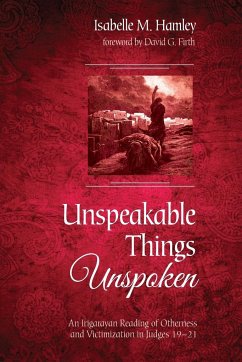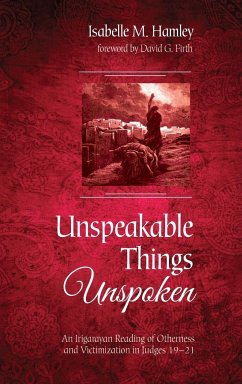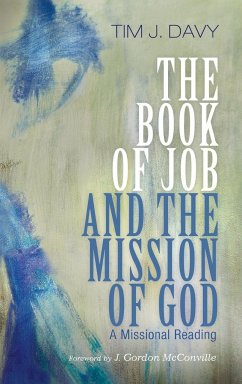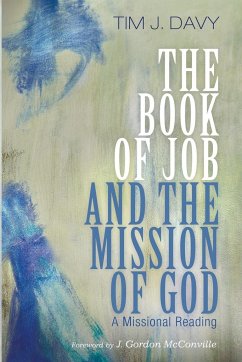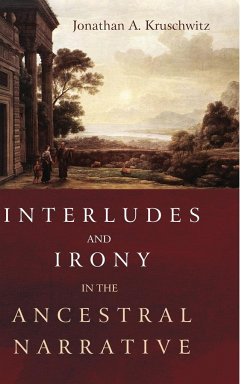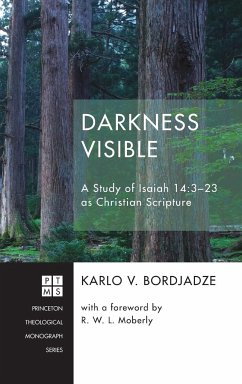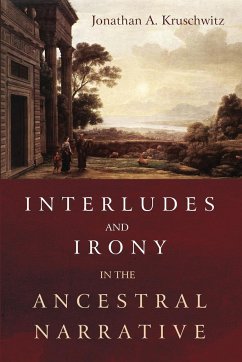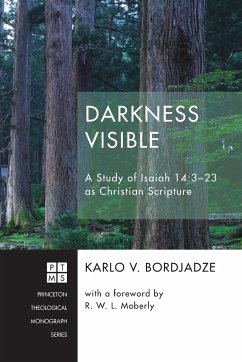The story of the raped and murdered woman of Judges 19 and the civil war and mass marriage that ensue in chapters 20-21 are hardly favorite tales of the Hebrew Bible. The chapters have often been dismissed as little more than an anachronistic epilogue, an awkward amalgamation of earlier stories or a "text of terror," proof of patriarchal oppression. This book argues that, far from being a clumsy collage, Judges 19-21 is a carefully narrated tale that chronicles the descent of a nation into extreme individualism and fragmentation. In dialogue with continental philosopher Luce Irigaray, it will uncover the dynamics of identity formation and how differential constructions of identity of the One and the Other yield patterns of victimization and justification of violence. This literary-philosophical reading will bring out silences and missed possibilities for the subjectivity of women, whilst also shedding light on the victimization of men within the logic of totalitarian identity constructions. The end of Judges therefore offers a theological conclusion to the book as a whole and opens up avenues for thought on theological anthropology, understandings of identity and gender, and a theological commentary on violence.

